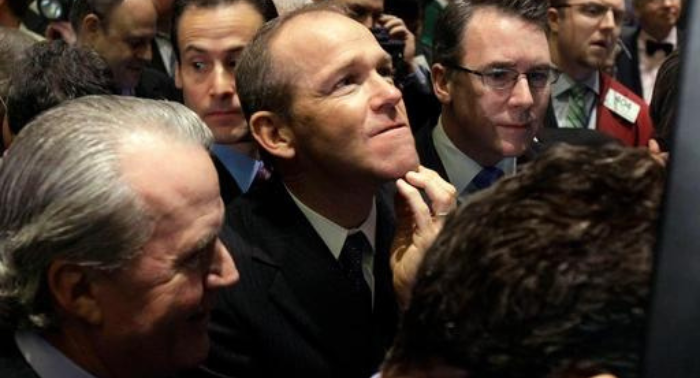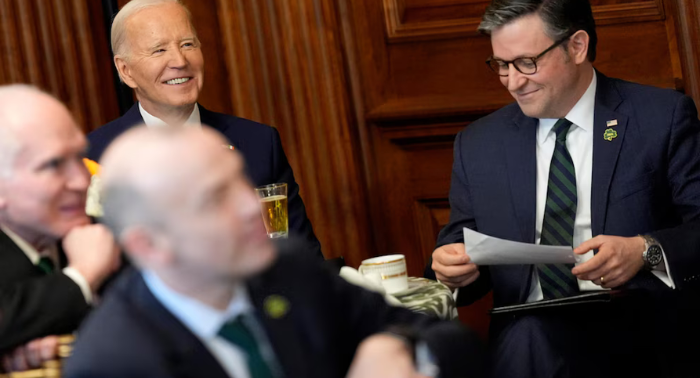Boeing Co’s CEO, Dave Calhoun, is set to step down by the end of the year as part of a significant management restructuring prompted by the aircraft manufacturer’s extensive safety crisis following a mid-air incident involving a 737 MAX plane in January.
In addition to Calhoun’s departure, Stan Deal, the President and CEO of Boeing Commercial Airplanes, will retire, with Stephanie Pope taking over the leadership of that division. Steve Mollenkopf has been named the new chair of the board.
This leadership overhaul comes after weeks of turmoil at Boeing following the mid-air incident involving an Alaska Airlines-operated MAX 9 jet carrying 171 passengers. The incident has escalated into a severe safety and reputational crisis for the company, causing its shares to plummet by approximately one-quarter since the event. However, in premarket trading, Boeing shares rose by 2.8%.
Boeing is now under intense regulatory scrutiny, and U.S. authorities have restricted production as the company works to address safety and quality concerns. Boeing is also in discussions to acquire its former subsidiary, Spirit AeroSystems, in a bid to gain more control over its supply chain.
Despite these changes, some investors remain skeptical that the shake-up will adequately address the longstanding safety issues that led to Calhoun assuming the CEO role in 2020.
Cameron Dawson, chief investment officer at Newedge Wealth, remarked, “We’ve long believed that Boeing’s challenges stem from cultural issues.”
Last week, a group of U.S. airline CEOs requested meetings with Boeing directors, excluding Calhoun, to express their frustrations over the Alaska Airlines incident. This move underscored growing concerns about the company’s problems and Calhoun’s leadership.
Calhoun, a seasoned industrial executive with experience in managing troubled companies, took on the CEO position in January 2020 with the task of navigating Boeing through a series of crises stemming from two MAX crashes in 2018 and 2019.
Following the recent incident, the FAA reduced Boeing’s production rate to 38 jets per month. However, CFO Brian West revealed that the company had not yet reached that target.
Despite ongoing production delays, Calhoun expressed optimism in October about ramping up MAX jet output, stating that Boeing aimed to reach 38 jets per month and was eager to increase production thereafter.
However, in the wake of the January incident, Calhoun emphasized the need to “go slow to go fast.”
Boeing’s crisis has exacerbated challenges for airlines already grappling with delivery delays from both Boeing and its competitor, Airbus. Additionally, the company has experienced higher-than-anticipated cash burn in the current quarter.
Brian West acknowledged last week, “For years, we prioritized the movement of the airplane through the factory over getting it done right, and that’s got to change.”
Airbus recently secured orders for 65 jets from two of Boeing’s key Asian customers, which some interpreted as a reflection of executives’ apprehensions about Boeing’s situation.




